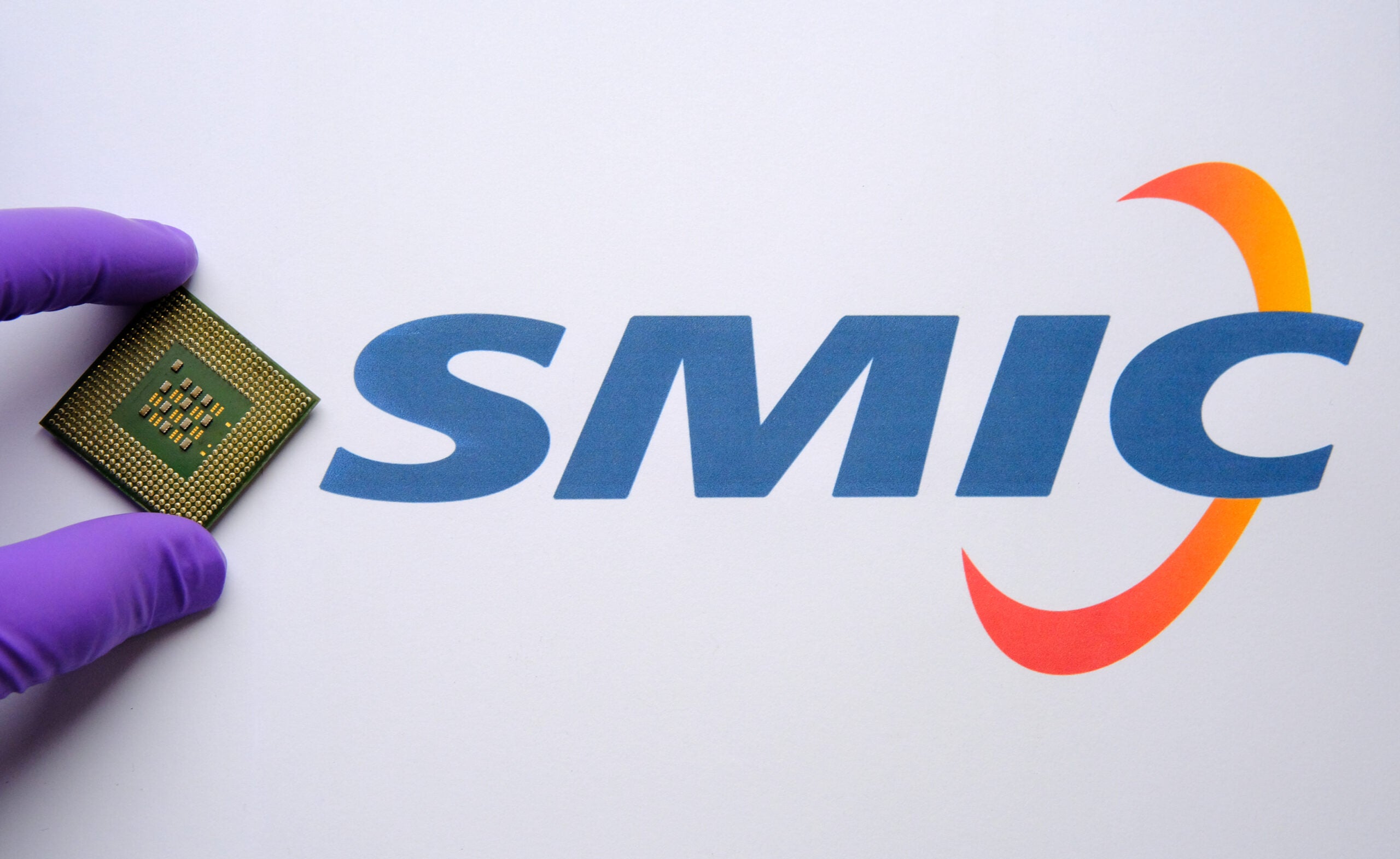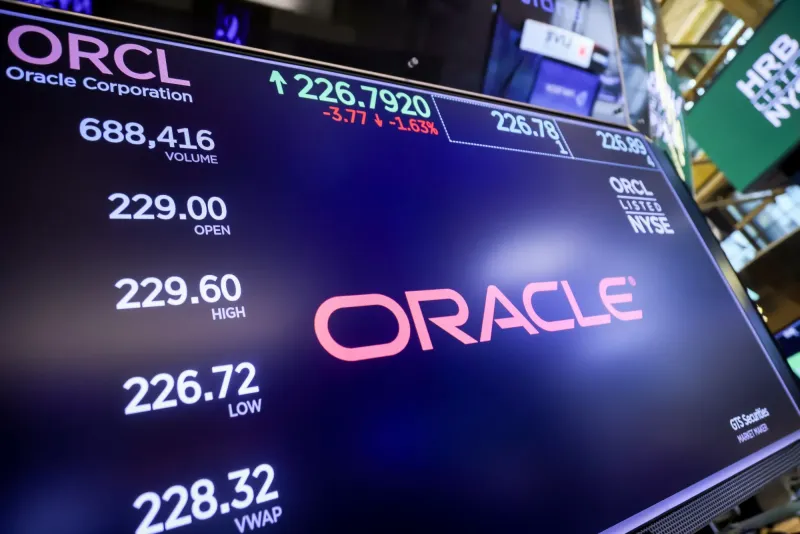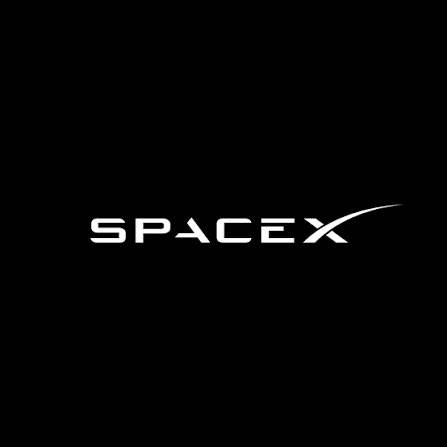Taiwan's Ministry of Economic Affairs has taken a major step in the global tech landscape by adding Chinese giants Huawei and SMIC to its Strategic High‑Tech Commodities Export Control List. This decision, effective June 10, 2025, now requires Taiwanese companies to obtain government approval before exporting components, materials, or technologies to the two firms—an escalation in tensions driven by national security and geopolitical concerns. This expansion of Taiwan’s control list, now encompassing 601 entities including those from Russia, Iran, and Pakistan, reflects a growing determination to stem high‑end technology transfers that may support AI or military capabilities in adversarial nations. The move aligns Taiwan more closely with U.S. export restrictions already targeting Huawei and SMIC, reinforcing a united front among Western allies seeking to limit China’s semiconductor ascendancy.

Read Also: Bluesky Backlash

At the center of this is TSMC, the world-leading chip foundry based in Taiwan, which already faces U.S. constraints on supplying high‑end chips to Chinese firms. Taipei’s new requirements add another administrative barrier, mandating government-issued licenses before exporting technologies, ranging from wafer equipment to plant construction tools. Taiwan’s rationale is clear: preventing advanced semiconductor know‑how and infrastructure from reaching Huawei and SMIC. The move responds to ongoing allegations that Huawei obtained Taiwan-made chips in its Ascend 910B AI processor and reinforces Taiwan’s vigilance against talent poaching and technology leakage.
This policy has tangible consequences. Even though TSMC had largely ceased direct supply to Huawei and SMIC due to U.S. restrictions, Taiwan’s formal export control adds a layer of domestic oversight, requiring export permits, customs checks, and tightened enforcement at port inspections. It also underscores the island’s strategic leverage in the semiconductor supply chain, visibly asserting its position as a primary gatekeeper of advanced chipmaking. Economically, the impact is twofold. For Taiwan’s chipmakers, the controls formalize existing market reality under U.S. pressure and minimize legal ambiguity. For Huawei and SMIC, the measures compound existing bottlenecks in China’s quest for self‑reliant AI semiconductor manufacturing and curtail their access to critical Taiwanese technologies.
Strategically, Taiwan’s move deepens its alignment with the U.S. and allied policy to contain China's technological advances. The ripple effect extends beyond Taipei and Beijing: it sends a powerful signal to international firms and global supply chain actors that Taiwan is prepared to enforce export controls, potentially prompting similar measures in Japan and European nations. Amid escalating U.S.–China tech rivalry, this measure marks a pivotal shift. Taiwan, once content to follow U.S. regulations, is now proactively leading by inscribing Huawei and SMIC into its national security framework. As diplomacy and commerce intertwine more tightly, Taipei's actions may redraw the boundaries of trust, competition, and technological sovereignty in semiconductor geopolitics.



